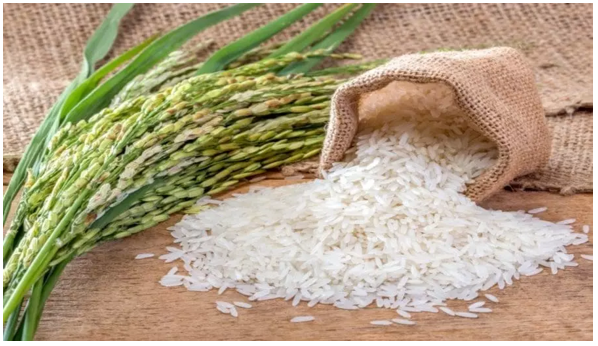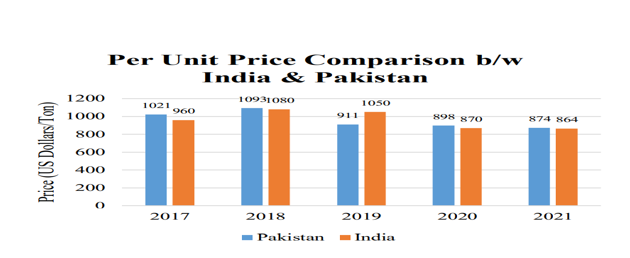INP-WealthPk
Arsalan Ali
Pakistan’s basmati rice has the potential to expand its market share in several other countries, including Saudi Arabia, Iran, Yemen, Kuwait, and Canada, provided there is a focus on value addition, a report released by the Trade Development Authority of Pakistan (TDAP) has highlighted. The report suggests that Pakistan can capitalise on these opportunities and increase its exports of basmati rice through effective market exploration and strategic planning. However, the report notes that Pakistan faces stiff competition from India, which currently holds a dominant share of 93% in the basmati rice market.

In March 2023, Pakistan’s export of rice decreased by $4 million to $247 million compared to the same month of the previous fiscal year.According to the report, UAE, Kazakhstan, Saudi Arabia, Oman, Kenya, and Somalia are currently the top importing markets for Pakistan’s basmati rice, with Saudi Arabia being the third largest importer of Pakistan’s basmati rice. However, India remains the leading supplier of basmati to Saudi Arabia due to its low per-unit price. Pakistan has the potential to increase the export of basmati rice to Saudi Arabia, the report adds.

TDAP/WealthPK research
India also dominates the Iranian market, being the top exporter of basmati rice to the country, despite both countries facing an average tariff of 10%. India has managed to continue its exports through a discrete banking channel despite hard sanctions imposed by the US, the report says. It states that Yemen still holds a potential market for Pakistan basmati rice, as India currently holds a staggering 95% share of the market there, while Pakistan only holds a 5% share. Kuwait is another significant market for basmati rice, with India holding over 99% of its market share.
It adds that Canada was another potential market that Pakistan could explore, as it currently imports rice primarily from India. Jordan is also a top importer of basmati rice, where India currently holds a 98% share and Pakistan only 1%.The report highlights the urgent need for the Pakistani government to prioritise its plans related to research and development investment in the rice sector, as Pakistan continues to struggle with low rice yields. Despite changing technological landscape and increasing adoption of modern techniques in the agriculture sector, Pakistani rice remains less competitive in international retail markets.
Countries around the world are increasing their value addition in the rice sector. Therefore, the report says, Pakistan should focus its resources on exporting value-added rice products. Extensive research is needed on value-added products such as rice bran oil, rice wax, and puffed rice. To ensure the smooth functioning of the rice market and enable more informed policy decisions, the government must provide timely and accurate market information on production, consumption, exports, prices, and stocks to market participants.
Credit: Independent News Pakistan-WealthPk



